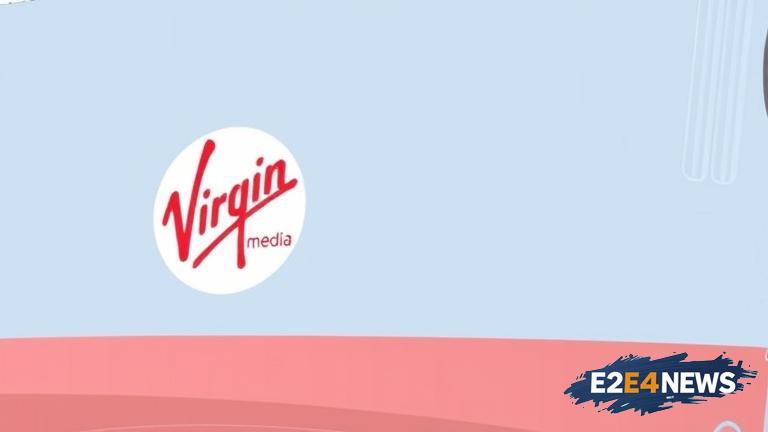The UK’s telecom landscape is undergoing a significant transformation, with major players Virgin Media and O2 announcing their plans to complete the switch-off of their 3G networks by September. This move is part of their broader strategy to upgrade their infrastructure and focus on delivering faster and more reliable 4G and 5G services to their customers. The 3G network, which was first introduced in the early 2000s, has been gradually phased out in recent years, with many operators choosing to repurpose their 3G spectrum for 4G and 5G services. The switch-off is expected to affect a small number of customers who still rely on 3G for their mobile connectivity. However, both Virgin Media and O2 have assured their customers that they will be supported throughout the transition process and will be offered alternative options to ensure minimal disruption to their services. The completion of the 3G switch-off will mark a significant milestone in the UK’s transition to 4G and 5G, which offer faster data speeds, lower latency, and greater connectivity. The upgrade will also enable the development of new technologies and services, such as IoT, smart cities, and immersive technologies. The UK government has set ambitious targets for the rollout of 5G, with the aim of achieving nationwide coverage by 2027. The switch-off of 3G will also free up valuable spectrum, which can be reused for 4G and 5G services, helping to meet the growing demand for mobile data. Virgin Media and O2 have been working closely with their customers and partners to ensure a smooth transition and minimize any potential disruption. The companies have also been investing heavily in their network infrastructure, with a focus on delivering faster and more reliable services. The 3G switch-off is just one part of a broader effort to upgrade the UK’s telecom infrastructure, with many operators investing in new technologies and services. The UK’s telecom regulator, Ofcom, has been working closely with operators to ensure that the transition to 4G and 5G is managed effectively and that customers are protected throughout the process. The switch-off of 3G will also have implications for businesses and organizations that rely on 3G for their operations, such as those in the logistics and transportation sectors. However, many businesses have already begun to transition to 4G and 5G, and the completion of the 3G switch-off will provide a catalyst for further investment and innovation. The UK’s telecom industry is highly competitive, with many operators vying for market share and customers. The completion of the 3G switch-off will be a significant achievement for Virgin Media and O2, and will demonstrate their commitment to delivering the best possible services to their customers. The switch-off will also provide opportunities for new technologies and services to emerge, such as 5G-enabled IoT devices and smart city infrastructure. The UK government has recognized the importance of 5G in driving economic growth and has launched several initiatives to support the development of 5G-enabled technologies and services. The completion of the 3G switch-off will be a major milestone in the UK’s transition to 5G, and will pave the way for further investment and innovation in the telecom sector. In conclusion, the switch-off of 3G by Virgin Media and O2 is a significant development in the UK’s telecom industry, and will have far-reaching implications for customers, businesses, and the wider economy. The completion of the switch-off will demonstrate the UK’s commitment to delivering world-class telecom services and will provide a catalyst for further investment and innovation in the sector.
